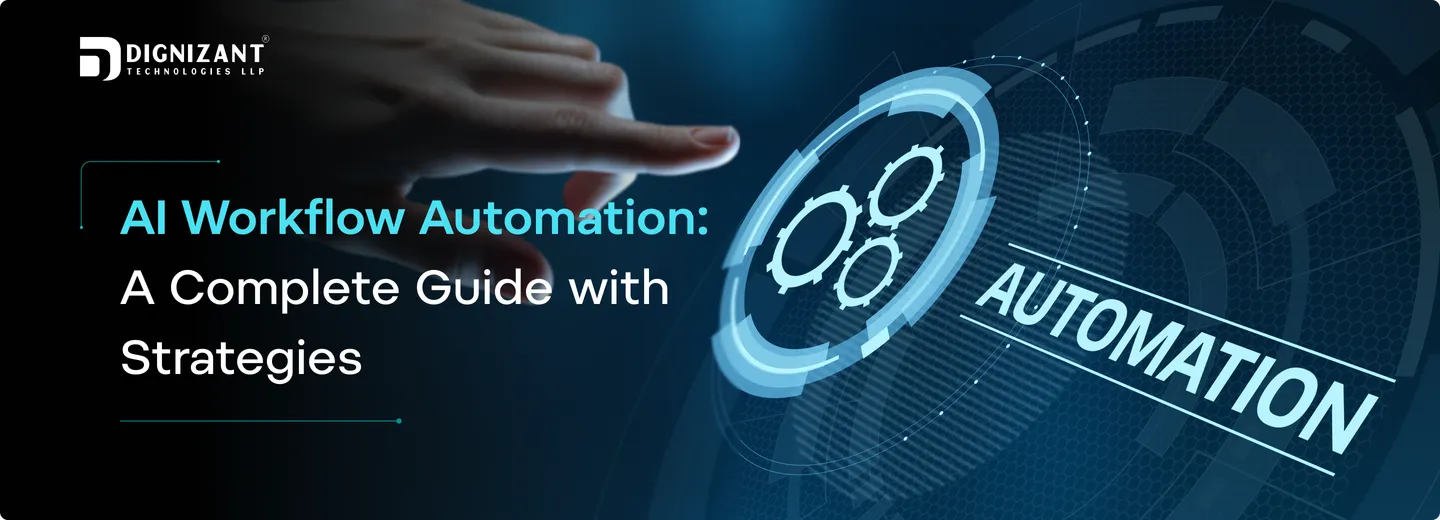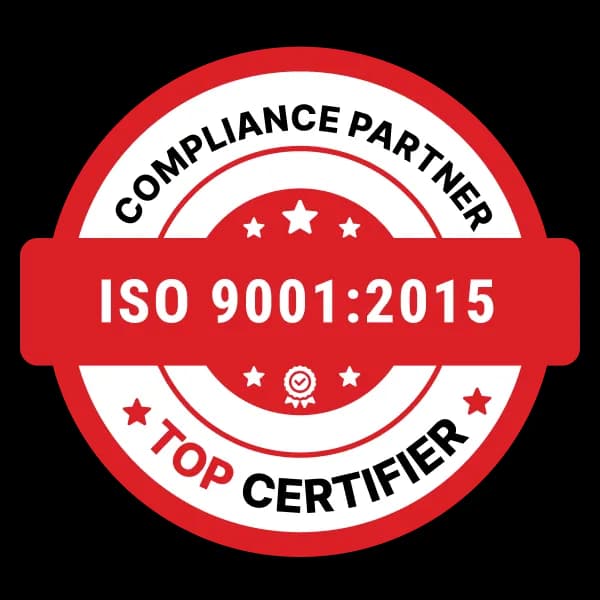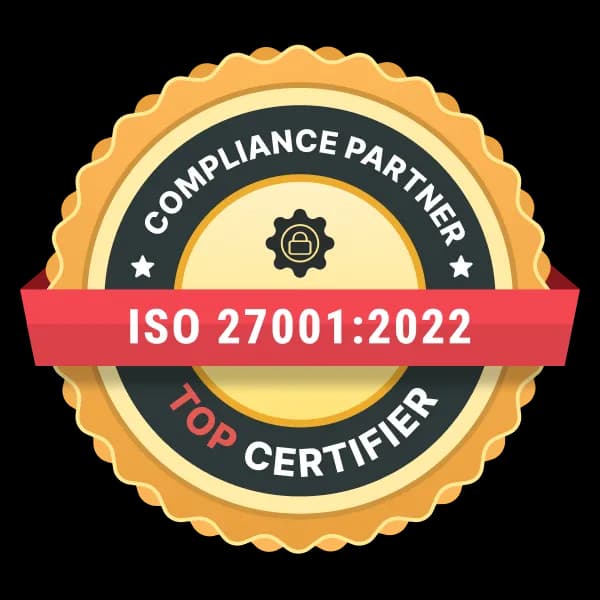AI Workflow Automation: A Complete Guide with Strategies

Contributor
Vinil Joseph
Uploaded
9 September, 2025
Read Time
5 Minutes
In today's business environment, agile, scalable, and accurate are the new mantras. However, many organizations are still wasting time with mundane and manual approvals and processes. Welcome to AI workflow automation, an entirely different way of getting work done. When artificial intelligence meets automation companies are able to eliminate inefficiency through artificial intelligence and automation, make better decisions quicker, and deliver with consistency at scale.
From chatbots which serve customers within seconds and predictive systems which maximise supply chain efficiency AI & data solutions is disrupting businesses on a global scale. This extensive guide covers what workflow automation is, why it's essential, real-world applications, and proven approaches to bringing it into play.
What is AI Workflow Automation?
AI workflow automation utilizes the best of AI and business process automation (BPA) to automate routine tasks, decision-making, and overall operations. Unresolved with the old formal, rigid approach of automation, which is rule-based, AI embeds the power of machine learning, NLP and predictive analytics to adapt and learn from data.
For example:
On a classic automation system, you could have forwarded the emails depend on some keywords, to a folder.
An AI-powered system can read the context, prioritize urgent requests, and even offer up suggested responses.
Essential Components of AI Workflow Automation
Machine Learning (ML)
Machine Learning algorithms learn patterns of historical data and enhance themselves with time. They enhance their accuracy over time, and their predictions become more dependable. This allows companies to allocate resources optimally, forecast demand and reduce waste.
Natural Language Processing (NLP)
NLP allows AI systems to understand and communicate in human language, whether that’s text or speech. It drives cognitive chatbots, sentiment analysis engines and scripted email responses. While connecting the gap in communication, NLP also humanizes automation and customer experiences.
Robotic Process Automation (RPA)
RPA bots are best at performing the same digital task over and over like entering data or processing invoices. Combined with AI these are transformed from robots to intelligent choices. This intelligent model fusion allows a brighter and end-to-end automation of business processes.
Predictive Analytics
Predictive analytics uses historical data to predict future events with great level of accuracy. Companies might predict sales patterns, customer defections or when machines would break down. This kind of foresight reduces risks, maximises strategies and is beneficial for long term planning.
Integration Platforms
Integration platforms serve as middleware to connect essential business tools such as CRM, ERP, HR systems. They remove data silos and manual data entry so that data flows across silos. And with all the components linked together, organizations benefit from a single, real-time omni-channel view of their operations.
Why Businesses Need AI Workflow Automation
1. Increased Efficiency
AI makes operations efficient by doing redundant and time-consuming tasks at a faster and consistent rate. It not only speeds up turnaround times, but also liberates staff to concentrate on higher-value strategic work. The net result is the increased productivity in all other functions.
2. Cost Reduction
Automation eliminates the need for human intervention and cuts those stories of expensive mistakes in the daily operation to a minimum. Businesses save money by no longer needing to overstaff positions that are routine. Savings can be reinvested in projects of growth.
3. Enhanced Accuracy
Machine tools can process and analyse vast amounts of data with greater accuracy that human hands. Starting from reporting to compliance, mistake-free results are maintained by the automation systems. This accuracy leads to improved decision-making and helps to gain trust from all parties involved.
4. Best Customer Experience
Intelligent chat bots, self service portals, and automated support systems offer proactive, 24/7 support to clients. Satisfaction is increased with customized answers that fit user questions. This leads to an effortless conversation that drives brand loyalty and customer retention.
5. Scalability
AI processes are meant to scale easily with a business as it grows, being capable of tackling increasing amounts of work without adding staff or infrastructure. This provides for a more sustainable and economical scaling of the method. Enterprises are able to respond fastly to market changes with low resistance.
Real-World Applications
- Human Resources (HR)
- Automated resume screening with AI filters
- Chatbots for answering employee queries
- Predictive analytics for workforce planning
- Customer Support
- AI chatbots providing 24/7 assistance
- Sentiment examination to prioritize tickets
- Automated routing to the right support agent
- Finance & Accounting
- Automated invoice processing
- Fraud recognition using predictive analytics
- Real-time expense monitoring and reporting
- Marketing
- AI-driven email campaign personalization
- Automated content recommendations
- Predictive lead scoring to optimize sales funnels
- Healthcare
- AI scheduling systems for patient appointments
- Predictive models for diagnosis and treatment
- Automating insurance claims processing
- Supply Chain & Logistics
- Predicting inventory needs with AI
- Route optimization for deliveries
- Automated procurement and vendor management
AI Workflow Automation Strategies
Identify High-Impact Areas
Begin with small things that you are repeating and taking up too much time and are error-prone. For instance, approval of invoices, sorting of emails or entering of data.
Set Clear Objectives
Define your goals before you invest in AI automation. If cost reduction, upward customer satisfaction and faster turnaround time are your priorities. Setting KPIs helps measure success.
Choose the Right Tools
Choose platforms that combine seamlessly with your existing systems. Popular tools include:
- UiPath, Blue Prism (for RPA)
- Zapier, Make (workflow integrations)
- Microsoft Power Automate, Automation Anywhere
- Custom AI solutions for industry-specific needs
Focus on Data Quality
The success of AI is heavily dependent on the data that it uses. Store clean, well-organized datasets in your organization to boost the efficiency and returns of automation projects.
Involve Employees in the Process
Automation is not to make humans repetitive, it’s to make them redundancy free. Prepare workers to work alongside AI tools and focus on higher-value tasks.
Monitor, Measure, and Enhance
AI automation doesn’t start and end with an individual configuration. Monitor your performance continuously and measure your KPIs and make adjustments, as needed. Machine learning based models get better with feedback, making workflows intelligent over time.
Ensure Security & Compliance
AI workflows frequently process sensitive data. Build encryption, access controls, and compliance policies (such as GDPR or HIPAA if you’re serving regulated industries).
Conclusion
It’s not something that is a future, it is an essential in the business. It means organizations can now better optimize operations, increase accuracy, and scale very smoothly by integrating AI and Data Solutions directly into their workflows. But there are strategic challenges to success: finding the right use cases, quality data, security and weighing the scale of automation versus human expertise.
Latest Articles

Explore how Flutter powers scalable, high performance cross platform apps with expressive UI, reduced costs, and faster time to market.

React vs Vue Comparison guide covering React JS vs Vue JS features, performance, learning curve, and use cases to choose the right framework in 2026.

Understand how modern web development drives scalable growth by improving speed, flexibility, security, and long-term digital performance.
FAQs
Ready to Take Your Business to the Next Level?
Unlock new opportunities with expert solutions designed to elevate your brand. From strategy to execution, we empower your business with the tools, technology and talent it needs to thrive in today’s digital world.




